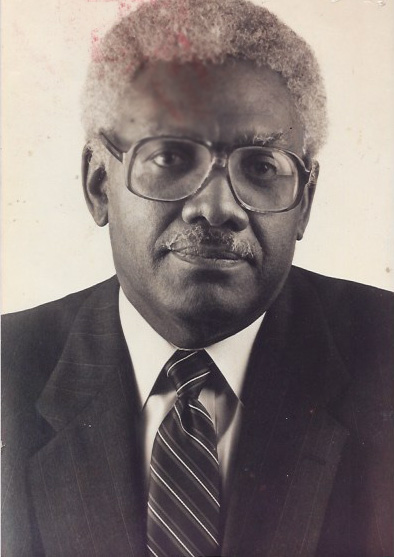By Dr. Edward Beasley
In many American public schools, Africa has been presented as a continent lacking a creditable history. Students have been taught to think of a dark continent far removed from civilization. But research reveals that students use African products each day. African words are reflected in their speech, the songs they sing, the dances they perform, the instruments they play, the stories they tell and the foods they consume.
Dr. Lorenzo Turner, Professor of English at Roosevelt University, in his research, uncovered astonishing survivals of African culture in the language still spoken by Blacks in the Gullah region in Georgia and the South Carolina off-shore islands. Let’s look at some of the survivals he found that we use today. Can you think of another word for peanut?
Goobers, or panders, are identical words used by tribes in Africa. Have you ever used the word “tater” for potato? Well, “tater” has been found in several West African languages. The word “yam” applied to the sweet potato may be the corruption of the African word name, which was brought to this country by Blacks.
Jukebox comes from an African word (Juke) implying wild times. The word jazz, in an African dialect, means hurry-up, and that’s just about the tempo of jazz. As jazz developed in New Orleans at funeral processions, the people would say, “Jazz the music up,” meaning, “Hurry the music up!” Other words interwoven into American English dialects are pick ninny, elephant, ebony, turnip, parsnip, oasis, and sorcery. Banana comes to us through the Spanish from the native name in Guinea 1597, and okra came to the West Indies from Africa in 1707.
Professor Turner also found that such dances as the Charleston and Black Bottom originated in Africa. Black-eyed peas traveled from Africa to North America in the holds of slave ships. Coffee derived from Kafka, Ethiopia where tribesmen ate coffee beans from the trees or mixed them with fat. They would make a powerful drink by mixing coffee and bananas. If you have chicken gumbo soup, gumbo is an African word meaning mixture, and you can thicken the soup with okra.
The Kola nut was chewed in West Africa, and the use of Kola as a drink originated with Africans. Today the extract of Kola nut is the basic ingredient of carbonated cola drinks that have gained worldwide popularity. Watermelon also came from Africa. The first wheat crop in the New World was planted by a Black man who traveled with Cortez. Finally, the Uncle Remus tales may have been adapted from African folklore.
Edward Beasley, Jr.
Kansas Historical Foundation
Board of Directors
Elected to board: 1996
Edward Beasley, Jr., grew up in Kansas City where he attended public schools. He received his bachelor’s degree in history from Lincoln University; a master’s degree in American history from Emporia State University; and a Ph.D. in education administration from the University of Missouri at Kansas City.
Beasley worked as an educator and historian before retirement. He has authored Black Trivia, Matter of Facts, wrote a weekly newspaper column for the Kansas City Call, and was a respected source of African American history on national TV and radio media.
He is a member of the Association of the Study of Afro-American Life and History and the Jackson County Historical Association. His interests include colonial American history and African American history. His wife, Bessie, is also retired.
He was first elected to the Kansas Historical Foundation Board of Directors in 1996.

